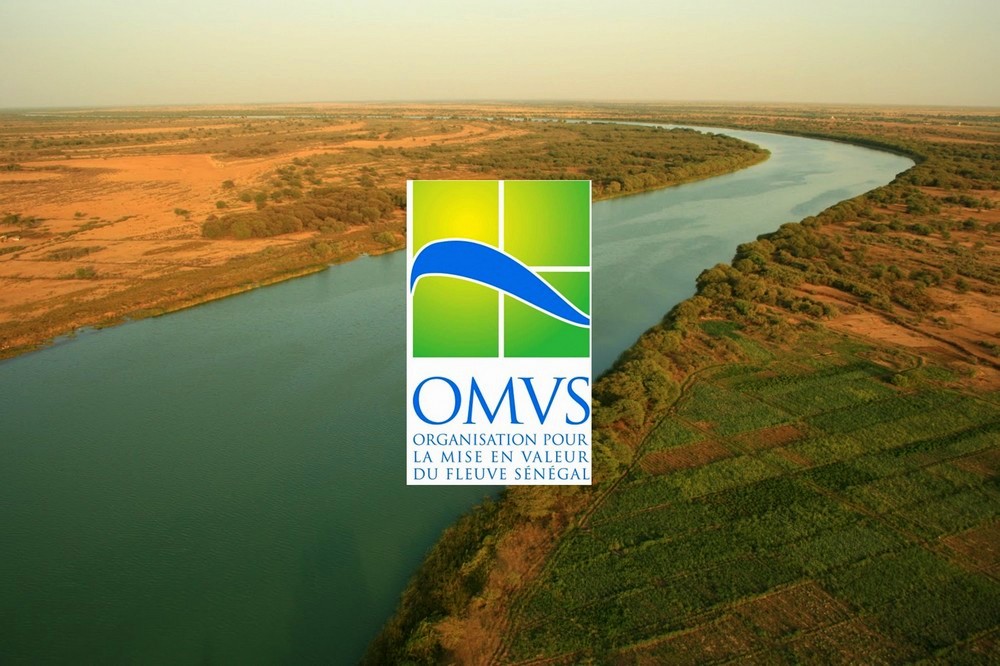OMVS has been FIAN’s main partner and sponsor since the first edition in 2021. Its role in the development of agriculture and water management in Senegal is crucial.
The Organisation for the Development of the Senegal River (OMVS) plays a central role in the socio-economic development of the countries bordering the Senegal River, in particular Senegal, Mauritania, Mali and Guinea. Created in 1972, this regional institution implements structuring projects for agriculture, the management of water resources and the improvement of people’s living conditions.
Strategic importance of the Senegal River
The Senegal River, 1,800 kilometres long, crosses or borders several West African countries. It is an essential source of water for :
Agricultural irrigation: its water supplies vast areas of irrigated land.
Drinking water: It is an essential resource for local populations.
Energy production: Thanks to its hydraulic infrastructures, it contributes to electricity production.
The OMVS coordinates and optimises the use of these resources to meet regional challenges.
Contributing to agricultural development
Irrigated agriculture is a major focus of OMVS’s work, particularly in areas where rainfall is insufficient or irregular. Key actions include
Development of irrigated perimeters: In collaboration with Member States, OMVS has created infrastructure for growing rice, maize, vegetables and other food crops.
Combating food insecurity: By stabilising agricultural production, OMVS is reducing dependence on imports and increasing self-sufficiency.
Technical and financial support: OMVS supports farmers in adopting modern, sustainable practices.
For example, the Manantali and Diama dams regulate water and enable constant irrigation, even during dry periods.
Water resource management
OMVS stands out for its integrated and equitable approach to water management. Some major achievements:
Storage and regulation: Dams ensure a regular supply of water for agriculture, households and industry.
Reducing conflicts of use: By ensuring equitable distribution, OMVS prevents tensions between communities or sectors.
Environmental protection: Programmes include preserving wetlands and combating soil erosion.
Challenges and prospects
Despite its successes, the OMVS faces a number of challenges:
Climate change: This is disrupting hydrological regimes and requires adaptation strategies.
Population growth: Pressure on water and land resources is increasing.
Sustainable funding: Infrastructure maintenance requires constant investment.
In the future, OMVS plans to strengthen cooperation between member states, diversify funding sources and involve local populations more in its projects.
OMVS illustrates the importance of concerted management of natural resources for sustainable development. By optimising the use of the waters of the Senegal River, it supports agriculture, prevents shortages and improves living conditions. Its role is essential in guaranteeing a prosperous and resilient future for communities in riparian countries.
OMVS website: https://www.omvs.org/


